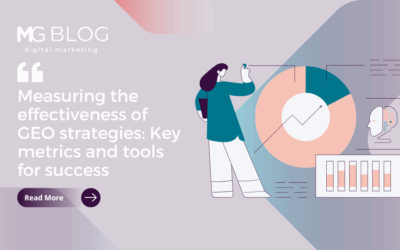Which is better at processing information, an artificial intelligence platform or the average human brain?
While it may seem like we’re centuries away from AI that can replicate the human brain, the answer depends on what kind of cognitive power being put to the test.
When it comes to memory, thought and learning, the human mind essentially breaks down into two arenas: implicit thought and explicit thought.
Explicit thoughts is what many would call “book smart.” And AI has proven that it’s already much better than humans at this type of processing. It’s what makes IBM’s Watson a more capable “Jeopardy!” contestant than Ken Jennings, and it’s what allows computers to best human players at strategy games like chess and Go. Algorithms already have the ability to make comb through and prioritize large amounts of information much more quickly and efficiently than the human brain. (Surprisingly, it’s not data storage that limits the human brain, which has 100 billion neurons capable of storing an estimated one quadrillion bytes of data.)
Then there is implicit memory, which humans gather unconsciously. It’s the basis of how infants learn from the world around them. It’s how we learn how to talk without first being taught all the rules of grammar. And when it comes to implicit thought and behavior, AI is nowhere near human cognition. Yes, there are some projects that are beginning to focus on reinforcement learning, where machines like self-driving cars practice certain behaviors until they get them right, but these algorithms are still being fed a ton of upfront data. In fact, some AI researchers believe the functions of the human brain that evolved to interpret the outside world will never be replicated.
However, others are trying. Whether attempting to build AI platforms that replicate the brain or even attempting to enhance the human brain with computing power, companies and organizations are beginning to explore this futuristic-sounding field.
Allen Institute for Artificial Intelligence
The Allen Institute for Artificial Intelligence wants to create an artificial brain that can pass a high school science exam. Beyond a simple question-answer format, the institute, which was founded by Microsoft co-founder Paul Allen, wants the AI to be able to explain its reasoning.
After this initial task, the institute aims to “reverse-engineer” brainpower, to understand the basis of natural intelligence by modeling and simulating the human brain.
Kernel
Former Braintree founder Bryan Johnson has put $100 million of his own money into his new startup, Kernel, which wants to augment human intelligence through an implanted device that aims to improve the brain. For now, these efforts will focus on correcting cognitive impairments, like Alzheimer’s by hacking the brain’s “neural code.” The concept is very ambitious, so much so that Johnson will not accept any outside funding at this time, but projects it will need $1 billion over time.
Neuralink
Founded by Tesla and SpaceX CEO Elon Musk, Neuralink strives for “a closer merger of biological intelligence and digital intelligence.” Instead of attempting to build a computer that could outsmart a human, Neuralink’s mission is to enhance humans through digital computing. In its first effort, the company plans to use neural lace and implanted electrodes to treat neurological disorders, like epilepsy and depression, according to The Wall Street Journal.
It’s clear some of the biggest names in computers and futurism are keen on understanding how neurology and computer science could mesh to enhance both humans and AI. Just where this field will go far into the future is anybody’s guess, but the emergence of this trend in the last few years proves the AI community is just beginning to flex its muscles after recent advances in deep learning and neural networks.
Want more information on trending topics in artificial intelligence? Contact us at info@merrittgrp.com.



